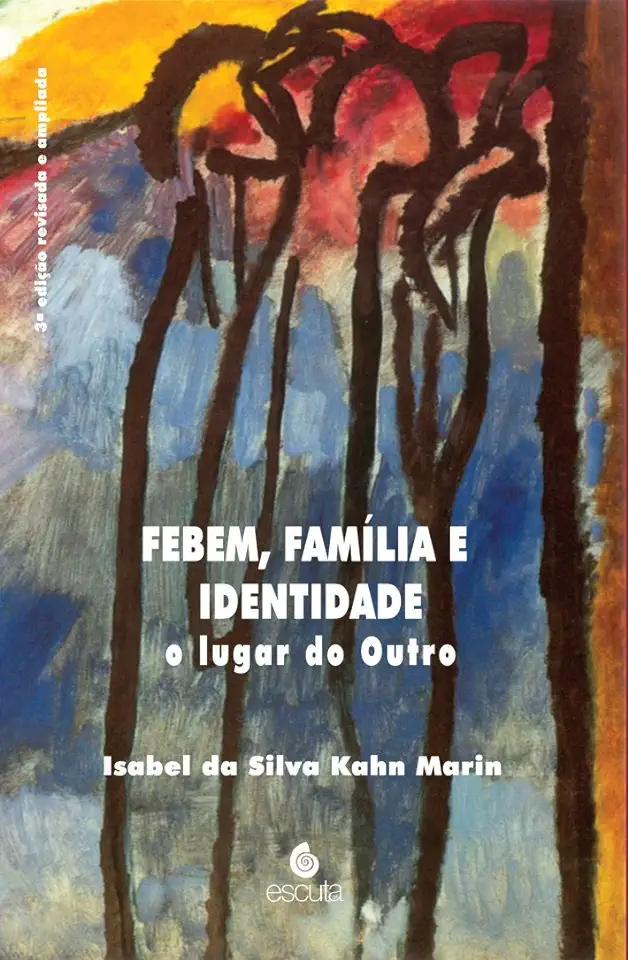
Febem, Family and Identity: The Place of the Other - Isabel da Silva Kahn Marin
Febem, Family and Identity: The Place of the Other
Introduction
In her book "Febem, Family and Identity: The Place of the Other," Isabel da Silva Kahn Marin offers a compelling exploration of the complex relationship between family, identity, and the state in Brazil. Drawing on extensive research conducted at the Fundação Estadual do Bem-Estar do Menor (FEBEM), a state-run institution for juvenile offenders in São Paulo, Marin sheds light on the ways in which the Brazilian state intervenes in the lives of marginalized families and the profound impact this has on the identities of the young people who come into contact with the juvenile justice system.
Family and the State
Marin argues that the Brazilian state's approach to juvenile delinquency is deeply rooted in a patriarchal and authoritarian tradition that views the family as the primary locus of social control. This approach often leads to the state intervening in families deemed "dysfunctional" or "incapable" of providing adequate care for their children. As a result, many young people are removed from their homes and placed in institutions like FEBEM, where they are subjected to a regime of discipline and control that aims to rehabilitate them and reintegrate them into society.
Identity and Marginalization
Marin's analysis of the experiences of young people at FEBEM reveals the profound impact that state intervention has on their identities. She argues that the process of institutionalization disrupts young people's sense of self and belonging, leading to feelings of alienation, shame, and anger. This disruption is further compounded by the stigma associated with being a "FEBEM kid," which makes it difficult for young people to reintegrate into society after their release.
The Place of the Other
Marin's book also explores the ways in which the Brazilian state constructs the "other" through its policies and practices. She argues that the state's discourse on juvenile delinquency often portrays young people from marginalized backgrounds as dangerous and deviant, thereby justifying the use of coercive measures to control them. This process of othering not only dehumanizes young people but also reinforces the social inequalities that contribute to their marginalization in the first place.
Conclusion
"Febem, Family and Identity: The Place of the Other" is a powerful and thought-provoking book that offers a unique perspective on the relationship between family, identity, and the state in Brazil. Marin's work is a valuable contribution to the fields of sociology, anthropology, and criminology, and it is essential reading for anyone interested in understanding the complex social issues facing Brazil today.
Why You Should Read This Book
"Febem, Family and Identity: The Place of the Other" is a must-read for anyone interested in the following topics:
- The relationship between family, identity, and the state
- The experiences of marginalized youth in Brazil
- The impact of state intervention on the lives of young people
- The construction of the "other" in society
- Social inequality and social justice
Marin's book is a powerful and thought-provoking work that offers a unique perspective on these important issues. It is a valuable resource for scholars, policymakers, and anyone else who is concerned about the well-being of young people in Brazil.
Enjoyed the summary? Discover all the details and take your reading to the next level — [click here to view the book on Amazon!]